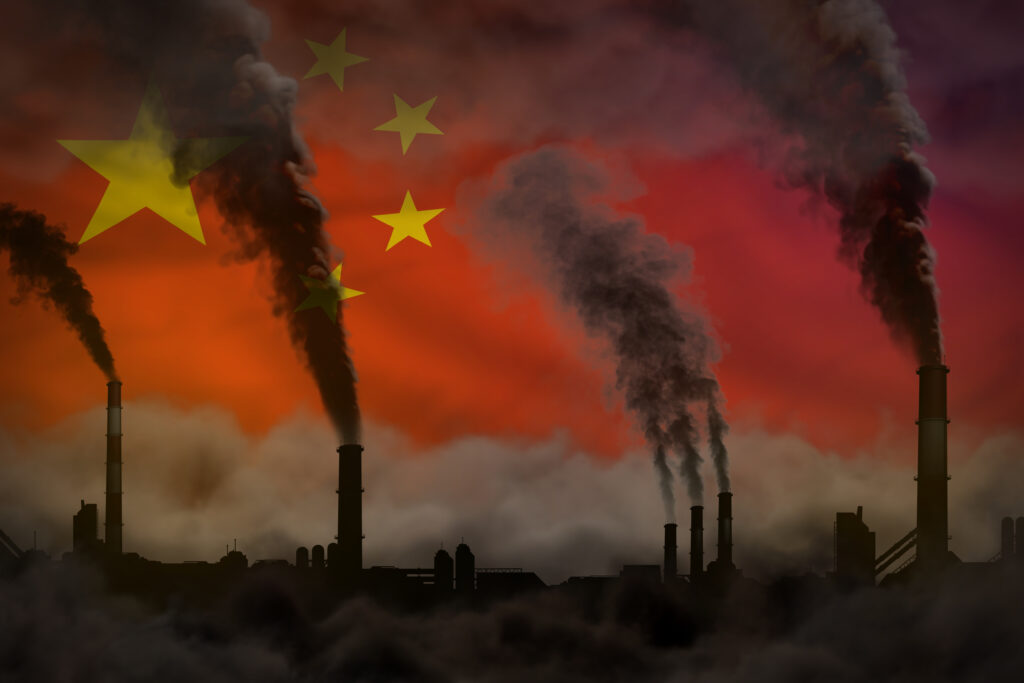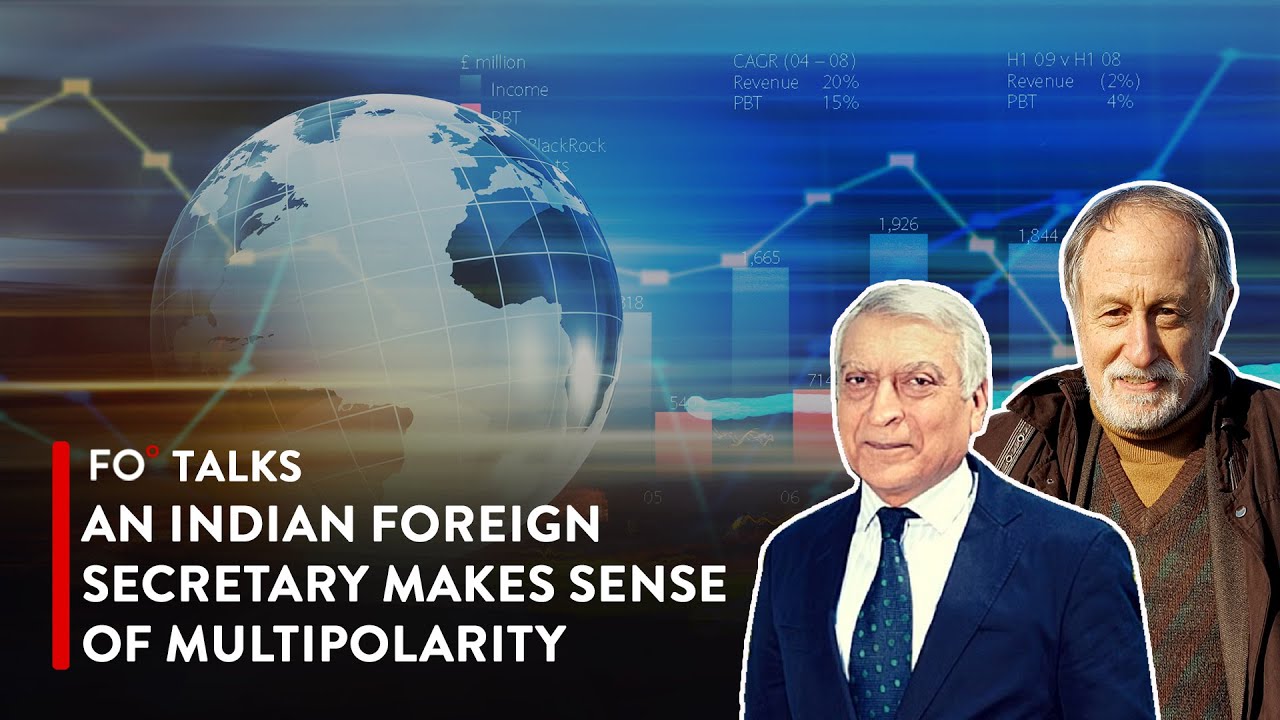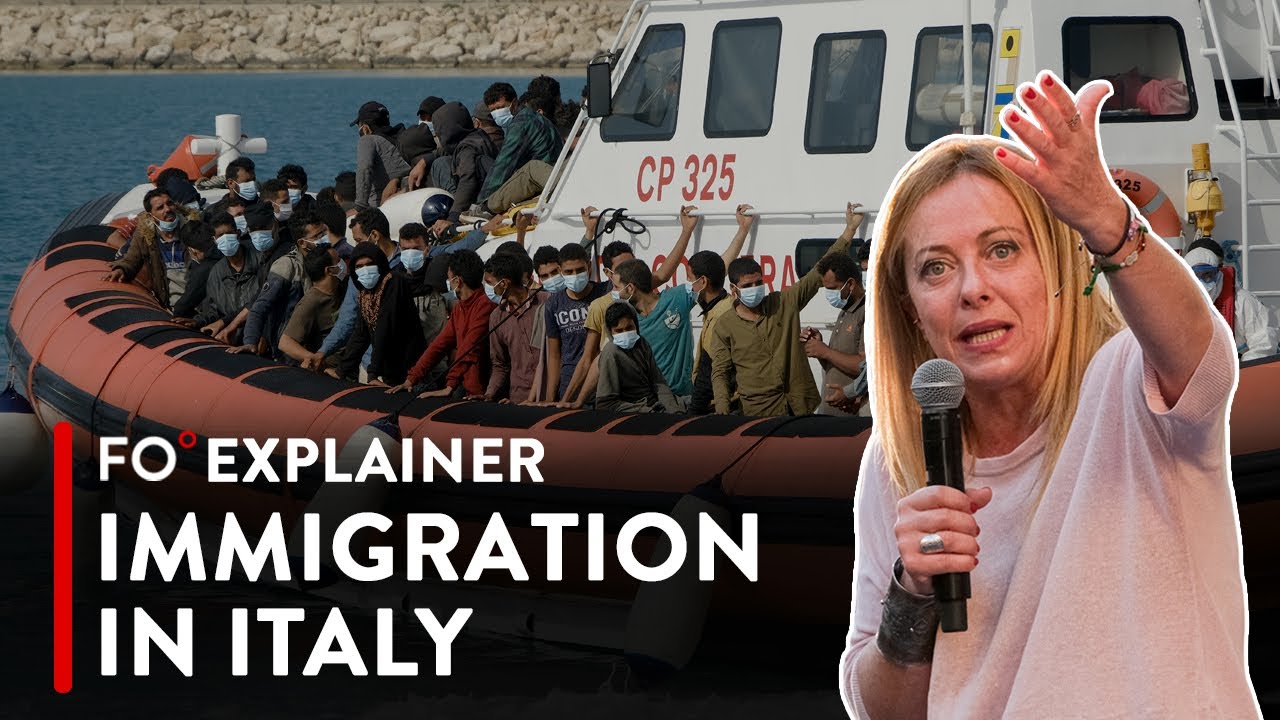In this segment of FO° Exclusive, Atul Singh and Glenn Carle discuss a growing, existential threat that has largely gone unnoticed—water scarcity.
The earth's population is still growing at breakneck speed. We expect to add another half billion human lives to the world in the next few years, and all of those lives will require water, to drink, to bathe, to grow their food. Demand for water is projected to increase dramatically, by a factor of 40% in just the next seven years.
This comes at a time when freshwater resources in lakes and aquifers are dwindling alarmingly. The world is heating up, and rainfall—if it comes at all—evaporates more rapidly. Forests too, which used to capture rainfall and prevent runoff, have been stripped bare and no longer provide their natural function.
It's not just the baking Sahara or India that are feeling the heat. Even the traditionally water-rich United States, which has until now enjoyed water-guzzling lawns and golf courses with careless abandon, many areas are already facing crisis levels of drought; even in the rainy Northeast, far away from the drought-stricken Colorado basin which has made so mant headlines, local authorities have already had to ration water.
Many are looking for salvation in desalination technologies. While these may be a welcome strategy for high-tech, low-population economies like Israel is and Saudi Arabia aspires to become, don't hold your breath for implementation at any scale large enough to meet the needs of a country like the United States. If Americans are going to have to have enough water in the near future they're going to have to do the one thing they hate the most: cut back. Not just on those lush green lawns, either, but also—even worse—on beef.
The fallout of water scarcity is much more than economic. Drought has been the unsung villain behind the bloody conflicts in Syria and Sudan. When crops fail for lack of hydration, farmers become migrants, and those migrants fill up the cities—which are already feeling the strain. Suddenly, ethnic, religious, and political divides which had been inter-regional are now conflict with the the neighbors next door, and it takes very little for some spark to ignite violence, and for violence to flare up into civil war.
Given the prognoses on global temperatures, rainfall, and water use in an economically and demographically growing world, the situation is not likely to get better soon.
[Anton Schauble wrote the first draft of this piece.]
The views expressed in this article/video are the author’s own and do not necessarily reflect Fair Observer’s editorial policy.






























